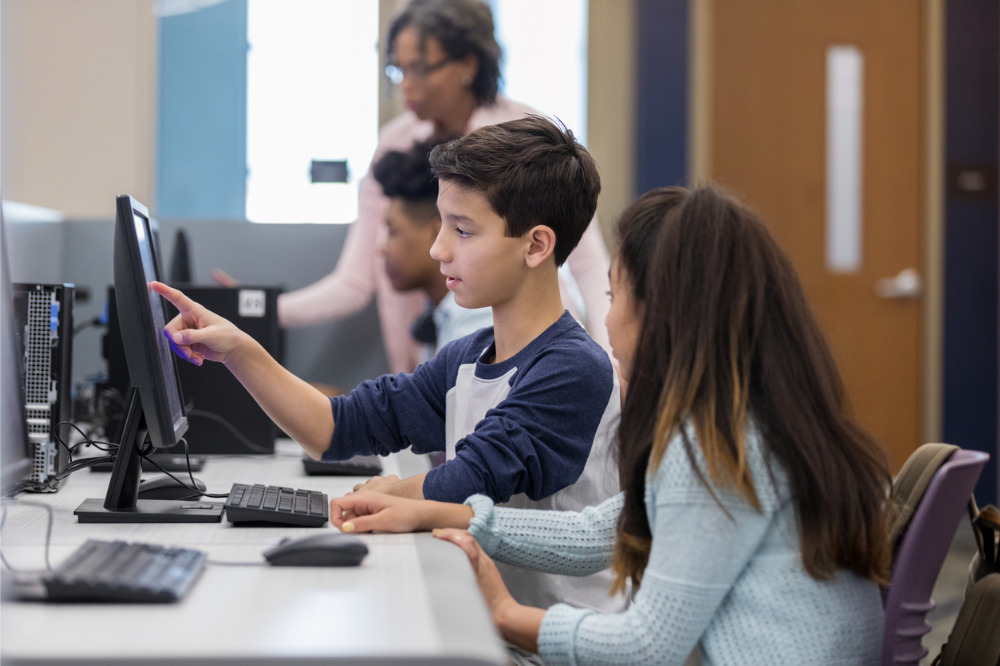
Studies show that nearly four out of five Australian children aged 5 to 14 use the internet, and since the COVID-19 pandemic, recent surveys have found that screen time has increased by more than 500%.
Meanwhile, data from the Australian eSafety Commissioner suggests that 85% of pre-schoolers, even though they may not yet be able to read, write or use a keyboard properly, now use the internet on a regular basis. This includes time spent, learning new skills, entertainment, and preparing them for school.
Worryingly for many parents of screen-obsessed kids, a growing body of research suggests that any more than a couple of hours in front of a screen can have a damaging impact on the brain – particularly when it comes to cognitive functions.
An ideal time to reassess cybersafety
Saturday 15 May marked the beginning of National Families Week, an occasion which celebrates the vital role that families play in Australian society.
Roger Carvosso, Strategy Directora at FirstWave Cloud Technology, said the occasion marks an ideal time for both educators and parents to reassess how they are raising the next generation to use, interact with, and participate in online channels.
“The pandemic further accelerated our use of social media, online shopping platforms, digital financial services, and more,” Carvosso told The Educator.
“Children and students, more than ever, are seeing excessive screen time as the norm, and many educators are still playing catch up on how to prepare for and prevent cyber threats to Australia’s most vulnerable, including cyberbullying, social engineering, and ransomware attacks”.
Carvosso said that while there is a need to increase awareness and education around these issues, there also needs to be ongoing and prioritised investments in cybersecurity solutions for Australia’s schools and other educational institutions to keep teachers and students safe when using educational tools and learning equipment.
Ian Yip, CEO of Avertro, said making an impact on improving cybersafety in families requires collaboration between all parties and communication of the subject matter that is being taught.
“Doing so further improves the ties between schools and the families of their students,” Yip told The Educator.
“Learning materials should be scenario-driven, pragmatic, based on fact, and use plain language”.
Yip said these materials should also focus on the fundamentals and be repeated multiple times in various forms to help reinforce the messages and related concepts.
“Ultimately, cyber safety and privacy are not about banning the use of technology. The most effective approaches empower families to make informed choices about what they do online and the impacts that certain actions could have”.


